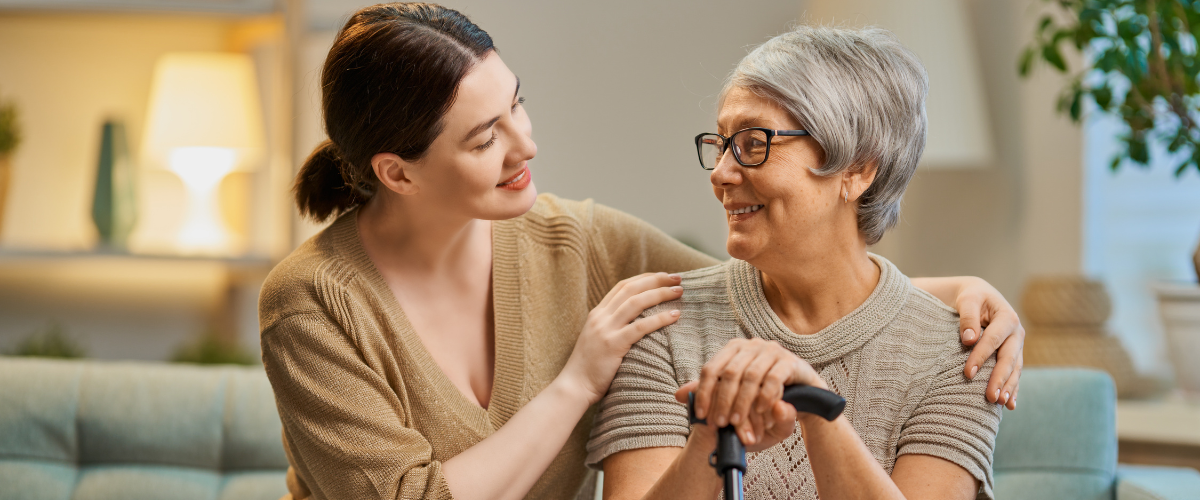Incontinence Care for Seniors
Daily incontinence care that helps seniors feel clean, confident, and safe.
- Award winning, nurse-led care
- Rigorously vetted, trained and trusted caregivers
- A+ BBB accredited, compassionate and consistent support
Excellence You Can Trust
GPA-certified caregivers, BBB A+ accredited service, supported with award-winning technology.



Find Care
Contact us now for a free assessment
Incontinence Caregiver Support for Dignified Living
Without trained help, incontinence leads to discomfort, isolation, and emotional stress for both seniors and their families.
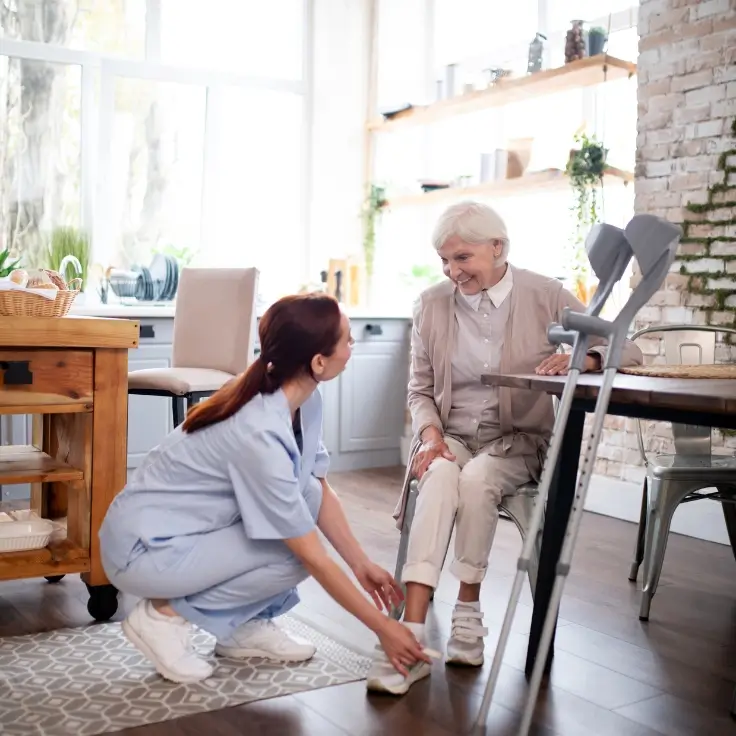
Accidents
Frequent incidents cause hygiene issues and skin breakdown.
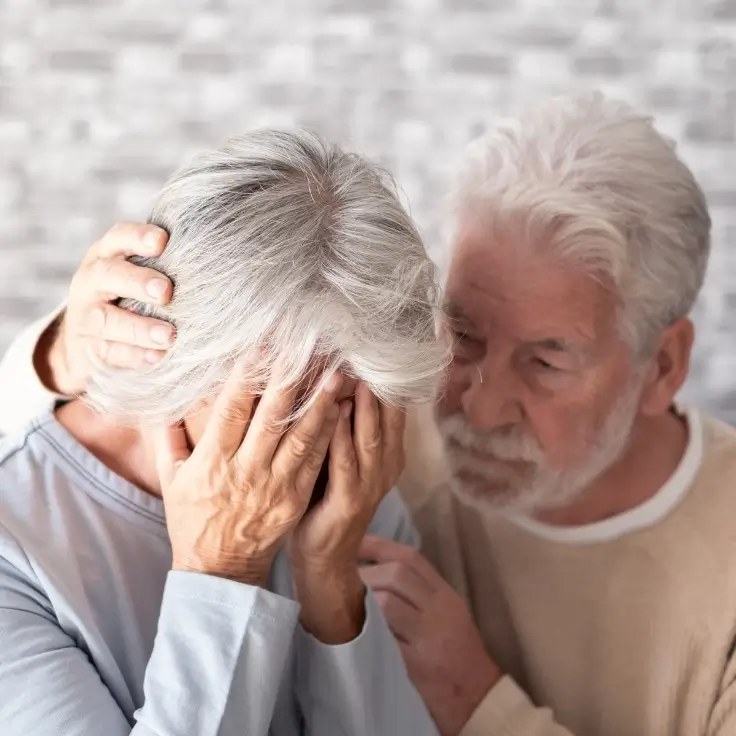
Shame
Your loved one may feel embarrassed and withdraw socially.

Dignity
Everyone deserves respectful, discreet care without judgment or discomfort.
Incontinence Care for the Elderly to Regain Comfort and Independence
Incontinence is a common concern among the elderly and it can lead to physical discomfort, skin issues, infections, and even social discomfort. It’s not just a health issue, it also deeply impacts one’s quality of life, self-reliance, and self-respect.
At ConsidraCare, we understand these challenges and are dedicated to restoring your comfort and confidence through our expert incontinence caregiver.
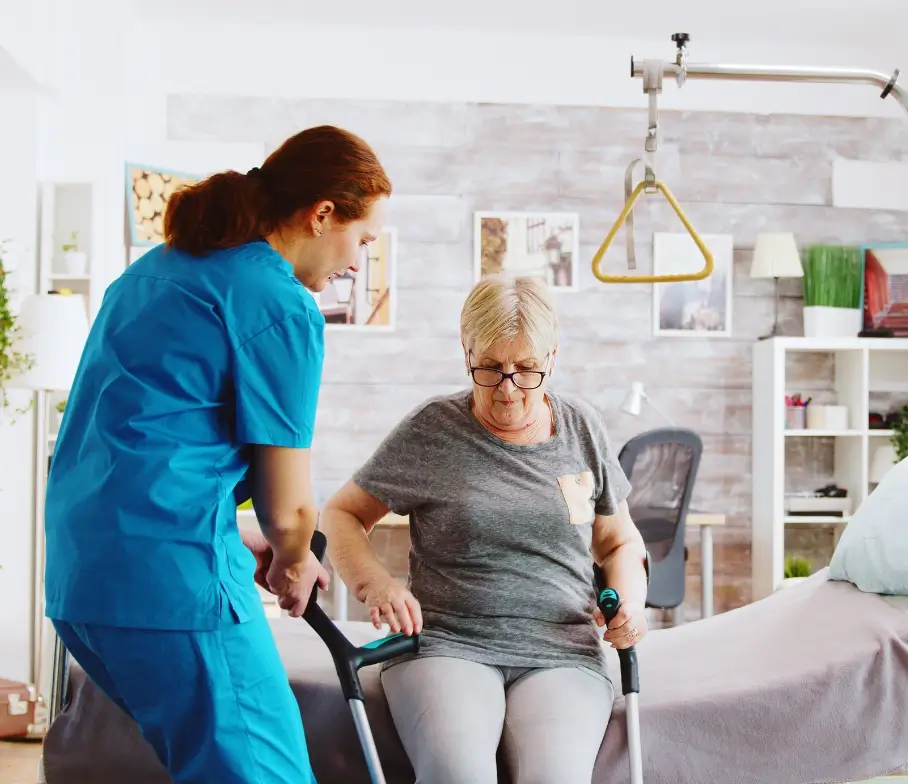
Why Families Across Ontario Trust ConsidraCare

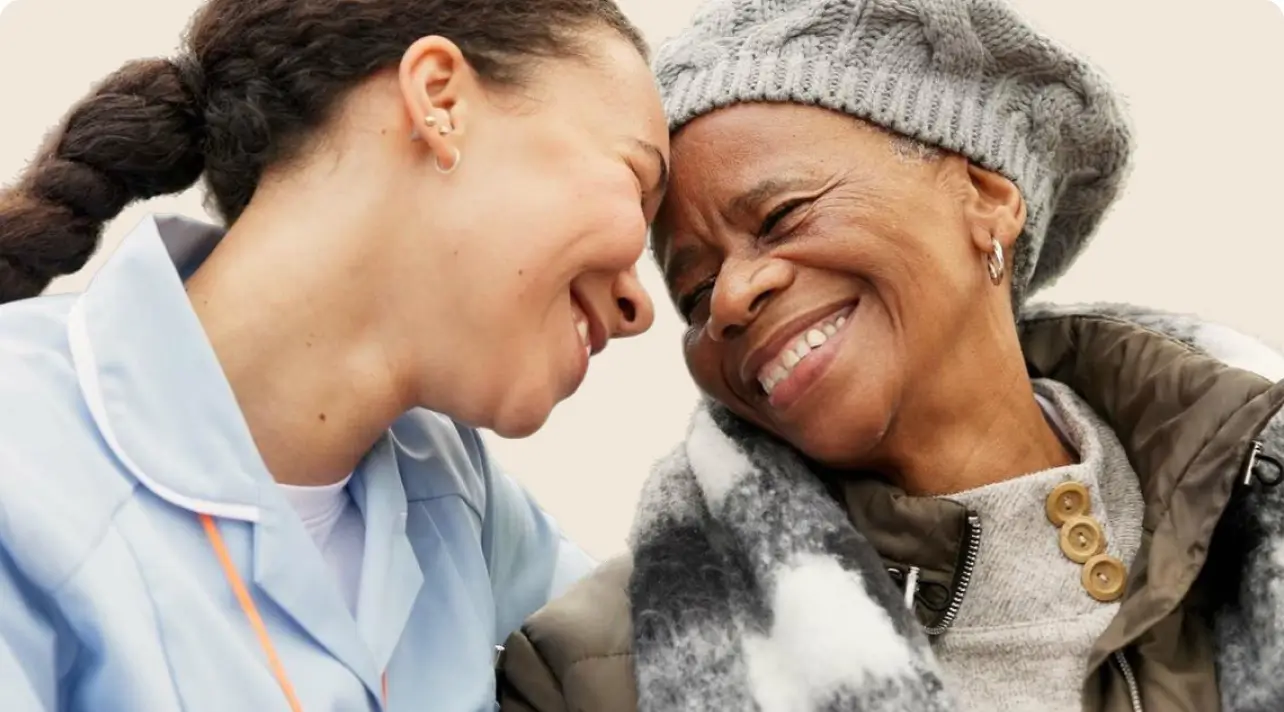



Simple, straight-forward and transparent pricing
New Client Offer
Only $33.99/hour* for the first month
For Hourly care. Conditions apply.
Regular Hourly Care
Limited Offer
Personal Support Worker (PSW) services for ongoing care needs
Starting From
$33.99
/hour
First Month Introductory Rate For Hourly Care
Recommended for
Seniors with non-chronic medical conditions requiring help only for a few hours or days in a week.
Regular care
3 or more visits per week
$38.99 /hr
12-24 hour shifts
$34.99 /hr
Short visits
1 - 2 visits per week
$44.99 /hr
- Bathing, Dressing & Grooming
- Meal Prep & Light Housekeeping
- Medication Reminders
- Couples Care from $46.99/hr
Live-in & Respite Care
Round-the-clock support with overnight caregiver presence
Starting From
$330
/day
First Month Introductory Rate For Live-in Care
Recommended for
Seniors with chronic and serious health issues in need for personal medical care in their homes.
Standard live-in
More than 7 days per month, recurring
$350 /day
Respite Care
Short-term (up to 7 days)
$400 /day
- All services provided under hourly care
- Overnight Safety and Supervision
- Nurse Supervision
- Ontario ESA Compliant Support
Nursing Care
Professional RN/RPN visits for medical care needs
Starting From
$150
/visit
Recommended for
Seniors with life-impacting chronic conditions requiring constant monitoring and assistance in daily tasks.
2 or more visits
$150 /visit
Single visit
$165 /visit
- Vitals Monitoring & Wound Care
- Medication Administration
- IVs and Injections
- Post-Hospital Assessment
- Site Safety Monitoring (Events, Movie Sets etc.)
Why We Are The Smartest Choice
We bridge the gap between expensive agencies and risky private caregivers.
Average Annual Savings
$4,500+
vs. Standard Agency Rates*
*Savings calculated based on a typical 20-hour weekly schedule compared to the 2024 industry average rate of $43.50/hr.
Feature
Private Caregiver
Traditional Agency
ConsidraCare
Hourly Rate
$25 - $30
(Cash)
$40 - $55+
$38.99
Nurse Assessment and Care Plan Updates
N/A
$150 - $250
$0.00
(Free)
WSIB & Insurance
High Risk
- Included
- Included
Nurse Supervision
None
Often Extra $$
- Included
Digital App
None
Maybe
- Included
Comparison based on market average for insured agencies in Ontario.
No hidden costs, long-term contracts or upfront placement fees.
Or call us on 1-855-410-7971 to get an instant quote

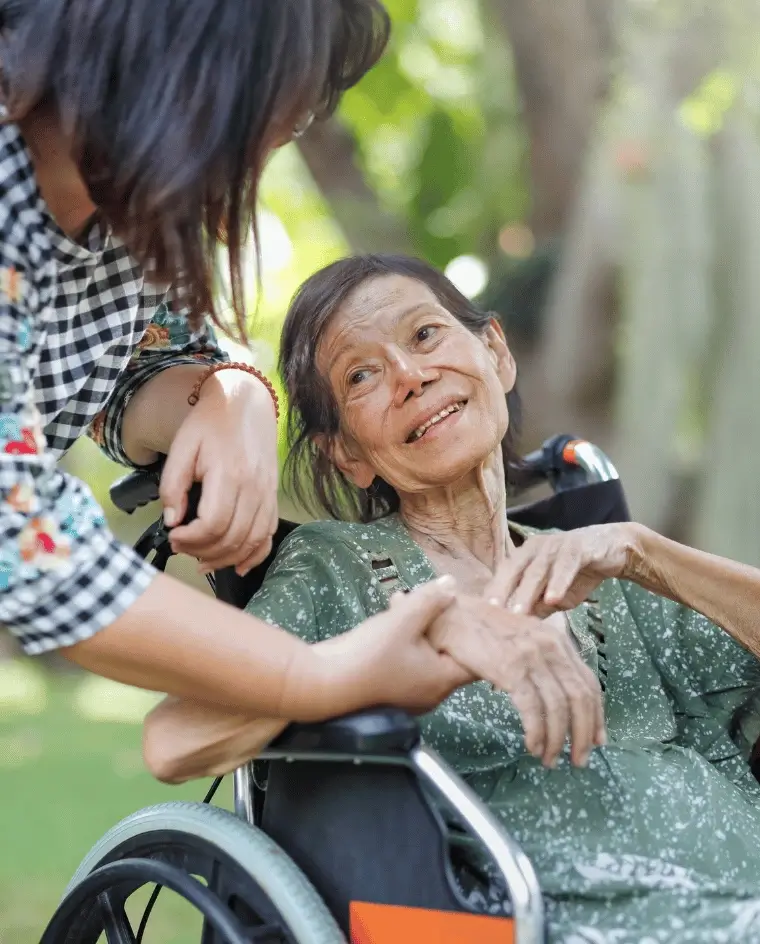
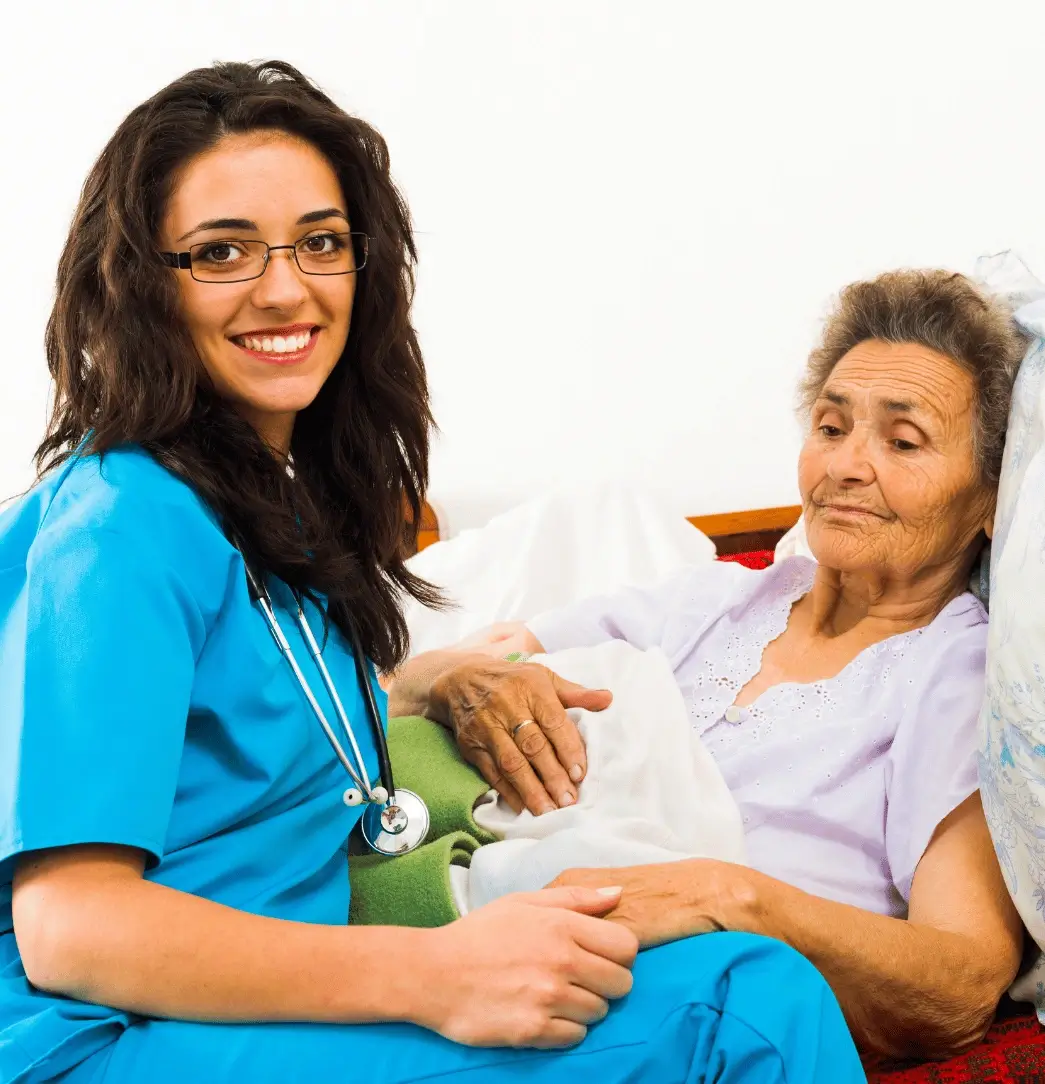
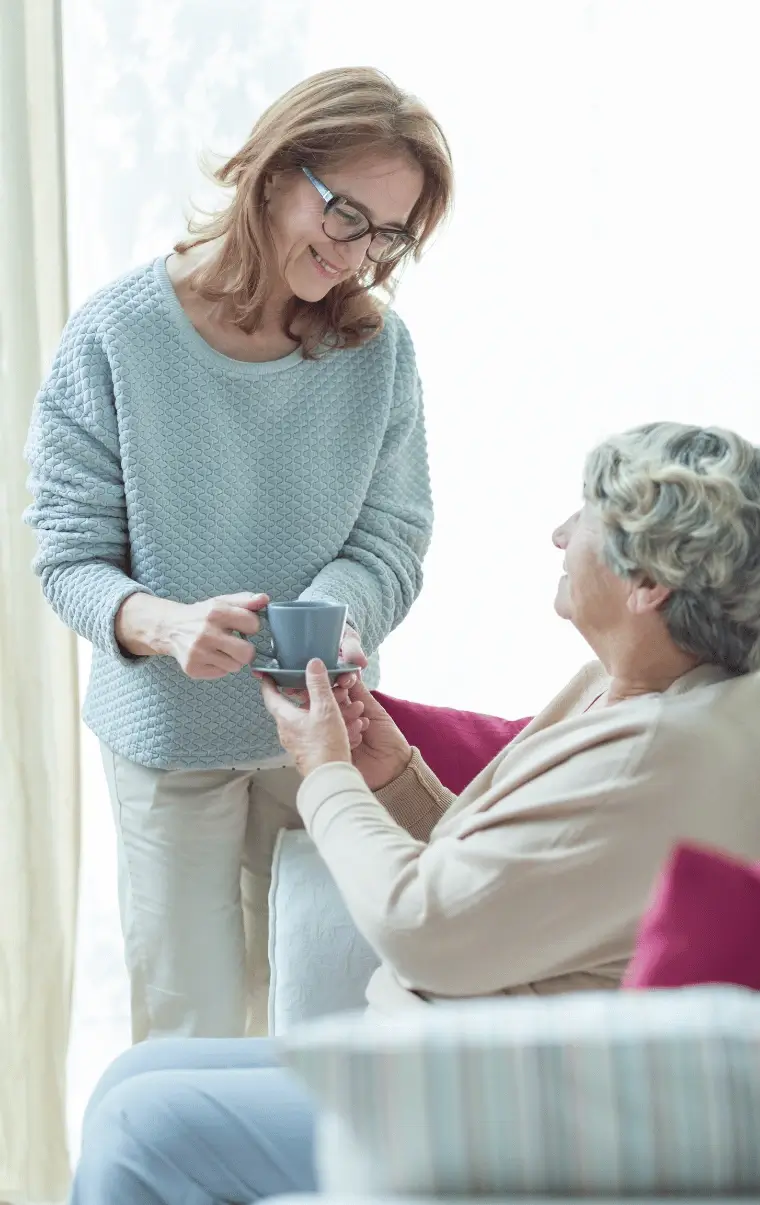
Personalized Care Plans Tailored to Your Needs
Every individual’s journey with incontinence is unique, which is why our care plans at ConsidraCare are customized to fit your specific needs. Our incontinence caregivers work closely with you to create a supportive environment that fosters independence and well-being.
- Toileting And Hygiene Assistance
- Routine Pad And Linen Changes
- Routine Pad And Linen Changes
- Mobility And Safety Supervision
- Companionship And Emotional Support
Real Stories From Across Canada
M. Lee
Client , Burlington
ConsidraCare’s expertise and compassion are evident in every interaction.
Dr Adam Kuyumi
Physician, Mississauga
ConsidraCare is a reliable partner in health care, delivering unwavering quality of care.
Talk to a care advisor
Our team will help create a custom care plan for your loved one — no pressure, no obligation.
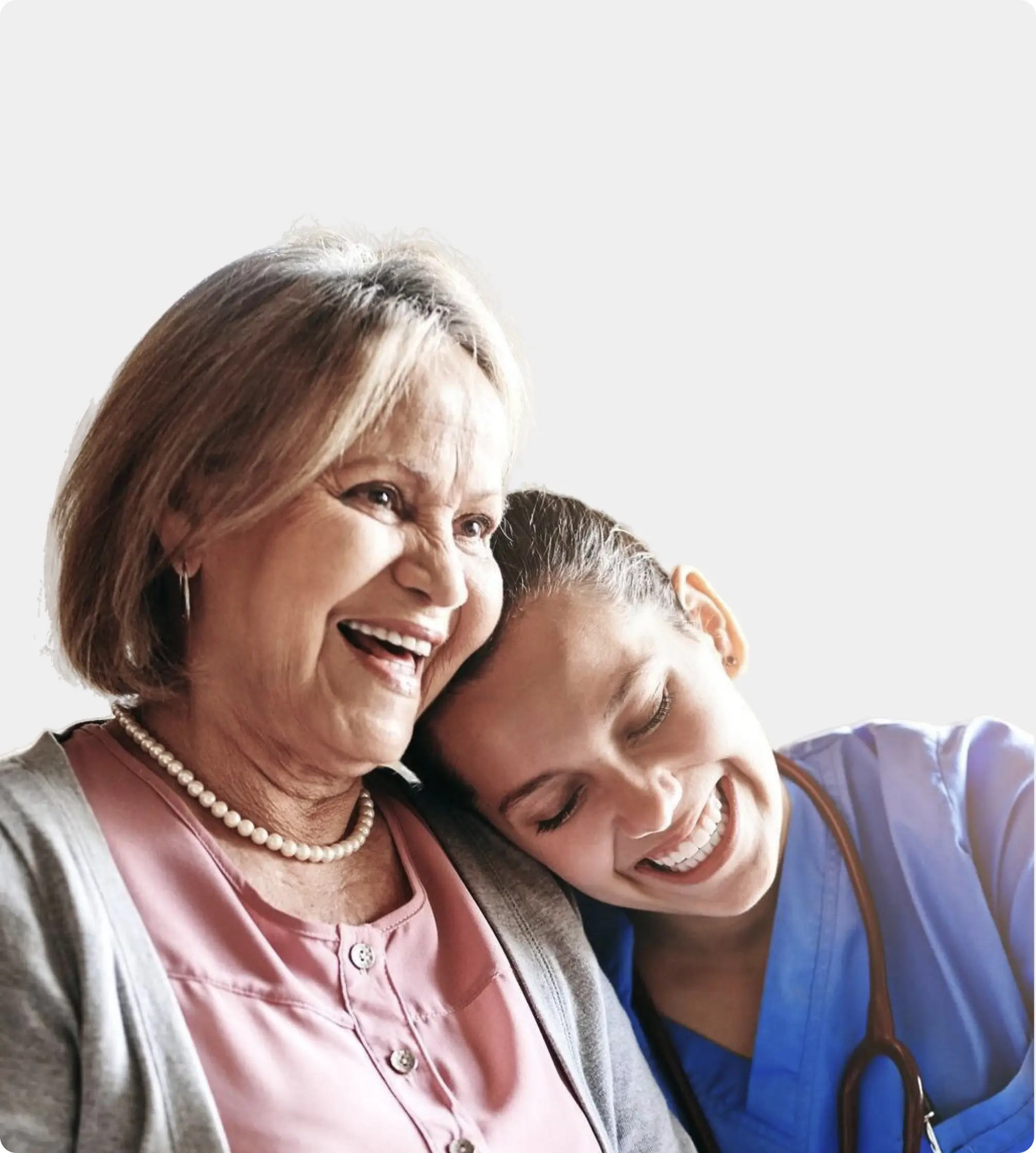
Incontinence Care Vs General Home Care
Focus
Focus
Approach
Support Level
Incontinence Care
Tailored routines for bladder and bowel support
Specialized, discreet care for continence management
Enhanced care planning and tools for continence needs
General Home Care
Support with hygiene and daily care
Gentle assistance with personal care tasks
Foundational support with day-to-day routines
Frequently Asked Questions
Various medicines lead to bowel incontinence. These drugs may cause diarrhea, fecal incontinence, muscle or nerve damage. Below are some medications that frequently cause bowel incontinence:
- Antibiotics
- Cancer Treating Medicines
- Iron Supplements
- Tricyclic antidepressants
- Narcotics
- Blood pressure managing drugs
- Nausea treating drugs
Elderly Incontinence can be dealt by making a few lifestyle changes such as:
- Losing weight
- Quitting smoking and alcohol
- Reducing caffeine
- Limiting liquid intake before bed
- Making a bathroom schedule
- Getting specialized live-in caregiver to manage anxiety
- Choose waterproof bedding & easy to change clothes
Damage to the muscles or nerves of the bladder that control holding or passing pee can result in urinary incontinence. In women, urine incontinence is common during pregnancy, menopause, and childbirth.
There are some other factors that contribute to urine incontinence; These include:
- Obesity
- Constipation
- Medications
- Caffeine
- UTI infection
There is no connection between psychological stress and incontinence. The urinary muscles are unable to stop urine leaking. It typically occurs while you run, cough, or sneeze. All of these motions create pressure (stress) on the bladder, which leads to unexpected urinary leaks.
You can get rid of stress incontinence by:
- Doing pelvic floor exercises
- Treating constipation on time
- Cutting alcohol, tobacco, and caffeine
- Avoid lifting heavy weight
Let’s Help Your Loved One Feel Connected Again
No obligation. Just real care, real connection.





